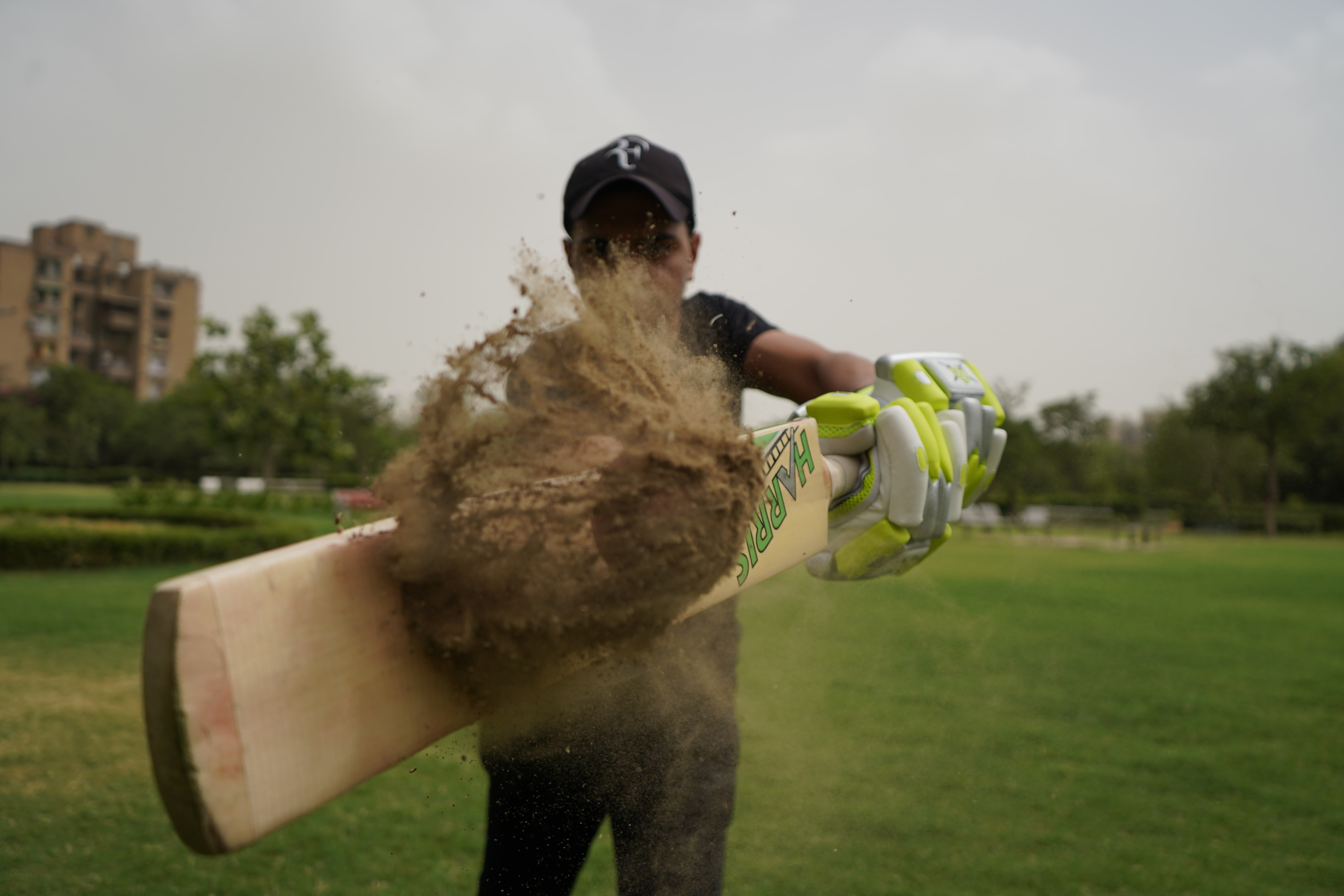English cricket, racist and sexist? You bet.
The new report is a welcome admission of what those of us who follow the game closely have known for years. The true test of the England and Wales Cricket Board will be action.
This week English cricket has had to face up to some uncomfortable truths: That it is sexist, racist and elitist in its structure and in its systems, while poor behaviour and practices surrounding those elements are largely left unchecked and unpunished.
That is some package to unpick during the week of what should be the proud centrepiece of the summer, with both men’s and women’s teams competing in the Ashes against Australia.
And yet, as if to underscore the urgency of the report, the centrepiece’s flaws were there for all to see. While the men were playing their 143rd Test match at Lord’s, the self-styled ‘Home of Cricket’ and a totem to privilege and exclusivity, the women are yet to play a single Test on the ground (In fact, up until 1999 women were not even permitted to be members of the Marylebone Cricket Club, who own Lord’s).
To many, this thorough and damning report on the state of the game will have come as a surprise.
To others, including this writer, it merely confirmed what we have known for so long, but has been ignored.
As my own Bajan father said to me in the days following publication: “What is all the fuss about? This is England, this is cricket. It has always been this way.”
Non-whites, especially Black players, are a statistical irrelevance to a game they have contributed so much to over the years
The report was commissioned by the England and Wales Cricket Board (ECB) in the wake of the death of George Floyd in the US which prompted the heartfelt testimonies of former West Indies bowler Michael Holding and former England batter Ebony Rainford-Brent around race, before Azeem Rafiq got the chance to tell his story of racism at Yorkshire CCC at a parliamentary select committee hearing.
These testimonies prompted a veritable avalanche of stories around race, misogyny and elitism in the recreational and professional game.
The Independent Commission for Equity in Cricket chaired by Cindy Butts, an experienced equality, diversity and inclusion practitioner, listened and delivered their 317 page document and it was unswerving and unstinting in its verdict on the game from top to bottom. ‘Holding up a Mirror to Cricket’ is the title, and it should come with a warning that the contents within are decidedly ugly.
Women are demeaned and treated like second class citizens, people from a lower socio-economic background have little chance of progressing in a game in thrall to private schools, and non-whites, especially Black players, are a statistical irrelevance to a game they have contributed so much to over the years.
They have done a thorough job. The level of detail, first-hand research and testimonies of more than 4,000 respondents means that this is a report that simply cannot be dismissed or swept under the carpet.
Some of the stories are familiar, such as the throwaway comment dressed up as ‘banter’ but designed to make you feel like you are less than, or ‘other.’ Something, I know from personal experience, that many players simply accept as the price to pay in order to fit in. Until you don’t want to pay anymore.
Then there are utterly horrific stories such as the leery, unwanted advances towards women, fuelled by alcohol and not dealt with because there are no mechanisms in place to deal with them. How depressingly sickening.
Sexism and racism is embedded and engrained in all of our institutions, and cricket is simply a microcosm of that
There is an appreciation that this is a complex situation, but far from fulfilling the stated aim of the ECB for cricket to be a game for all, they made it quite plain that unless you are a middle-class white man, this game is not for you.
Back in 1999 when, presumably the game thought it had solved sexism with those new MCC members, the ECB produced a report into racism in the game. It declared it would ‘Clean bowl racism,’ but with zero action, zero follow up and zero reference in any part of the game thereafter, it did nothing of the sort.
That is why even now, it is necessary to have a healthy dose of wariness when it comes to the promise of action from the current leadership of the ECB. It remains to be seen just how many of the report’s 43 recommendations are enacted.
One former Black professional cricketer I have spoken to feels nothing but scepticism. He is so tired of the words without action, the promises that come to nothing and the relentlessness of the racism he faced during his career. He has no faith, no trust and no time for the ECB and for many others in the game who have conspired against people like him, and I don’t blame him one iota.
And yet it feels as though cricket is not actually much different from society at large. Sexism and racism is embedded and engrained in all of our institutions, and cricket is simply a microcosm of that.
Whether it is a front page story about Stephen Lawrence or about the Windrush scandal or about the welcome for Ukrainian refugees and disdain for Syrians. It is unavoidable.
And as for elitism… anyone checked the latest Eton and Harrow school stats for which establishment has provided the most UK Prime Ministers? Actually don’t bother, all you have to do is turn up to Lord’s when those two schools play their annual fixture on the ground and the braying boys in the stands will gladly shout it in your ear.
So what now? Despite the findings and the report, I still love the game and still want to be a part of the game. I want my daughters to enjoy the game as much as I have and I want it to flourish. There is still so much good about it, and so many great people involved. My experience has been largely positive, but I know that is not the case for everyone.
We now know the extent of the problem and can do something about it. But actions will always speak louder than entire reports full of words. A determination to do better is a starting point. Sustained change is hard and must be fought for, year after year.
The Lead is now on Substack.
Become a Member, and get our most groundbreaking content first. Become a Founder, and join the newsroom’s internal conversation - meet the writers, the editors and more.





